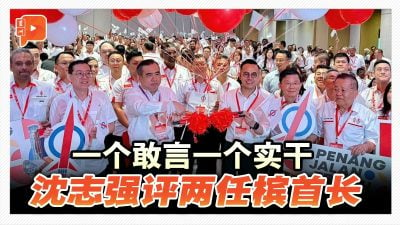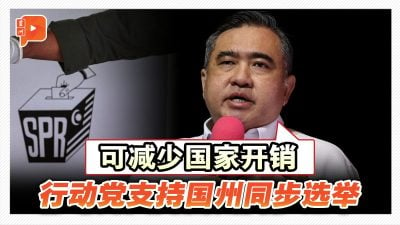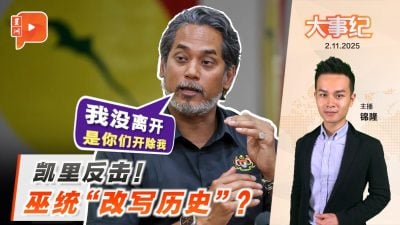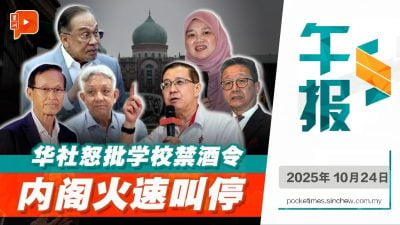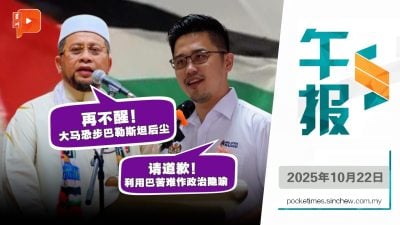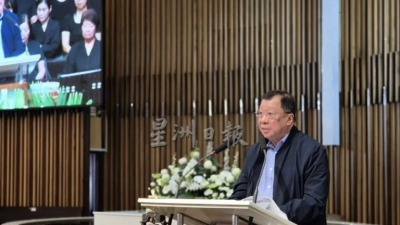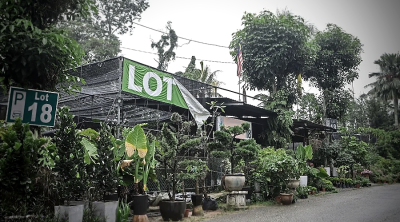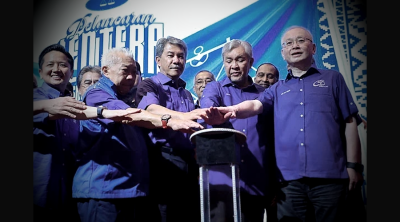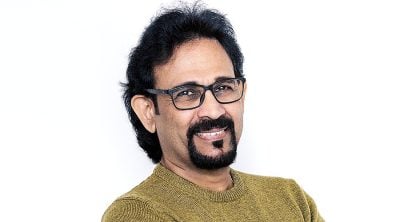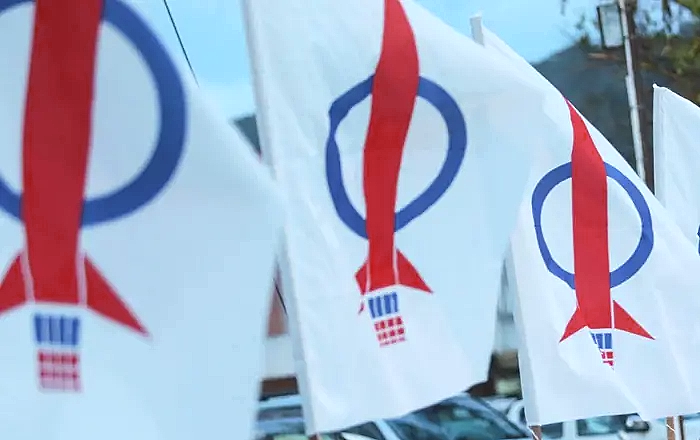
About 95% of Chinese voters supported Pakatan Harapan and the Democratic Action Party (DAP) in the 15th General Elections. Hence, the Chinese community is concerned about the upcoming party elections on March 16. Furthermore, DAP holds the most parliamentary seats among the parties in the ruling coalition and its election results will impact the stability of the Unity Government.
First and foremost, it is commendable that veteran leaders have voluntarily stepped down from contesting the Central Executive Committee (CEC) elections. This includes DAP advisor Tan Kok Wai, Treasurer-General Fong Kui Lun, party veteran Phee Boon Poh, and Ipoh Barat MP M. Kula Segaran. They are paving the way for younger leaders by injecting new energy into the party leadership.
However, this party election has also shown signs of discord. Tan Khong Chong, the special assistant to Lim Guan Eng, insulted Penang DAP chairman Steven Sim calling him a traitor in public. Anonymous messages attacking Sim were also circulated among Penang DAP members.
Such explosive confrontations were rare in the past party elections, highlighting the undercurrents of internal fights within the party.
DAP should be grateful for receiving overwhelming support from voters, which enables the party to be part of the government at federal level and a state government in Penang.
It is also the only party capable of winning seats in Peninsular Malaysia, Sabah and Sarawak.
However, instead of using their entrusted positions for public service, some party members have turned government positions and party positions into tools for internal battles.
This is especially evident in open criticism of Chief Minister Chow Kon Yeow, interference in state government affairs and the sidelining of Chow’s supporters from contesting the state elections. Such domineering tactics have sparked discontent at the grassroots level, leading to the “Anti-Lim” and “Send-off the God” movements.
Many predict that while Lim Guan Eng may barely secure a position in the primary election, he might rank lower and likely fail to retain his post as party chairman.
Party elections are a normal process and a mechanism for leadership renewal. It is crucial to follow the democratic process and more importantly, establish a new governance approach after the party election and move on as a united team.
Although DAP is currently at its peak, it is also facing all sorts of constraints and limitations at this time. The party could easily slip from its peak into decline, repeating the fate of the Malaysian Chinese Association (MCA).
Despite having the most MPs in the Unity Government, DAP has the least influence, as the need to court Malay votes has weakened its voice. Within the government, DAP is restrained by UMNO’s conservative stance. Externally, it is constantly attacked by the Malaysian Islamic Party (PAS) on various issues.
As the opposition, DAP used to be able to express its views freely. But now, it has to remain cautious.
For instance, when Raub MP Chow Yu Hui recently proposed to establish a Minister for Non-Islamic Religious Affairs, PAS immediately accused DAP of attempting to undermine Islam’s status in Malaysia and equating it with other religions. UMNO Secretary-General Datuk Dr Asyraf Wajdi Dusuki also rebuked DAP, stating that with only 40 seats, it could only “dream” of amending the Constitution to weaken Islam’s position.
Policies implemented by DAP ministers are also frequently distorted by PAS. For example, the Urban Renewal Act (URA) proposed by Minister of Housing and Local Government Nga Kor Ming was accused by PAS of being a scheme to expel poor Malay and Indian communities from urban areas for racial dominance. The trilingual signboard at the Ayer Tawar public market was also questioned by PAS.
As a result, issues like recognising the Unified Examination Certificate (UEC), abolishing racial quotas, and reinstating local government elections have all been shelved under the priority of maintaining national stability. Even the “Malaysian Malaysia” vision from the Setapak Declaration has not been mentioned again.
DAP is also constrained in combating corruptions. For instance, despite the major corruption scandal in Sabah, DAP’s Central Executive Committee merely authorised the Sabah DAP branch to reassess its position in the state government. Sabah DAP was to consult with its Pakatan Harapan allies on whether to remain in the state administration. However, the Malaysian Anti-Corruption Commission (MACC) has been slow to act, and Sabah DAP has delayed making a decision, casting doubt on its commitment to combating corruption.
Even on the issue of accepting honorary titles, DAP’s approach has been inconsistent, with some leaders accepting the titles first without informing the party.
More seriously, while DAP has grown stronger, Malaysian society has become increasingly conservative. Today, any issue can be racialised or politicised through religion. DAP itself has become a primary target—how can it curb the rise of extreme racial and religious sentiments?
Currently, Chinese voters have no alternative. However, if the DAP continues failing to deliver results while retreating on its principles and positions, voters will be disappointed and disillusioned. The party’s golden era could quickly turn into a decline. If internal feuds erupt during the party election and cause division, the situation will be worse.
While the party election is important, fulfilling pledges, assisting the government to improve governance as well as curbing political gimmicks stroking racial and religious sentiments are more crucial.
The new DAP leadership must collaborate with like-minded NGOs, particularly Malay organisations, to strengthen the voices of diversity and progressiveness and prevent PAS from dominating public opinion.
DAP Secretary-General Anthony Loke and Vice Chairman Nga Kor Ming will work together to create a “a decade of golden era” for DAP. To start a new chapter, they must achieve breakthroughs by overcoming constraints and turning the ideology of racial equality into a reality. Otherwise, as the saying goes – “ He who does not advance loses ground.”
ADVERTISEMENT
ADVERTISEMENT






